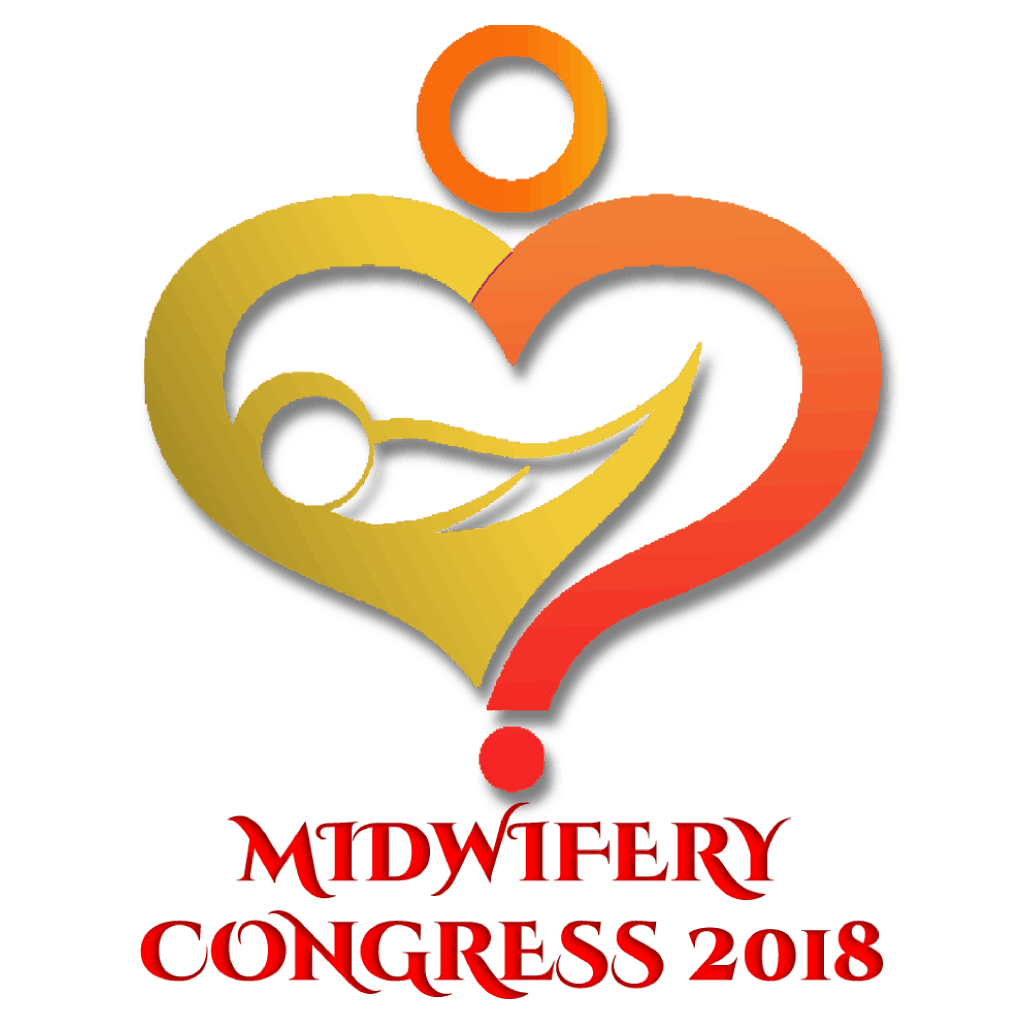
Kathyann Thomas Elbourne
South West Regional Health Authority, Trinidad
Title: Menopausal transition and its association with the quality of life of women aged 40-55 of varying ethnicity in County St Patrick West, Trinidad: A Community based survey
Biography
Biography: Kathyann Thomas Elbourne
Abstract
Aim: This study seeks to determine how the transition of menopause was associated with the quality of life in women 40 to 55 years from varying ethnic backgrounds in the county of St. Patrick West Trinidad.
Methods: A descriptive survey was conducted in county St. Patrick West. Convenience sampling used to obtain 120 women within the age group 40-55 years from 4 randomly selected health centers. A modified version of the menopause specific quality of life questionnaire was used. The tool was pretested on five participants who were not included in the main study, to determine relevance of the additional questions. The data collected were analyzed using the statistical package for social science (SPSS) version 12.0.
Results: 47.5% of the population is of African descent, 39.2% were East Indians and 13.3% of mixed race. Kruskal Wallis test was used and revealed a P-value of 0.01 indicating that ethnicity was statistically significant in the experience of menopause and the quality of life. The Mann Whitney U test gave a P-value of 0.06 on the aspect of educated and preparedness for the transition of menopause, which makes it not statistically significant. However the study did show that women sort various remedies, 38.3% used herbal, 27.5% used diversion therapy, 21.6% used exercise and 12.6% used nothing. On the rating scale of how bothered they were, 62.5% had little bother and 37.5% were moderately bothered. Overall individual symptoms were extremely bothersome for many participants; however, no one had all 29 symptoms.
Conclusion: The study showed an association between ethnicity and quality of life experienced by the menopausal woman. However it was not statistically significant to make a generalization. Therefore further research is needed with a larger population. It did however reveal that with knowledge on menopause a better quality of life existed and therefore supports the need for an educational program on menopause.

